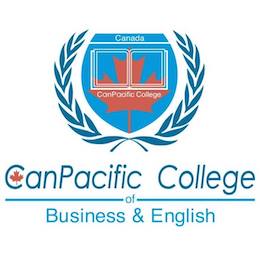If you look at the first column, you will see a list of minor mistakes or slips that are quite common in speech. Because they should avoided in effective communication and clear speech, the corrections or better alternatives are provided int eh second column for your convenience. Speech Slips Corrections Ain’t it? Isn’t it? Aren’t […]
Bilingual Books
Extracurricular reading is a great way to continue learning English after class. However, some ESL learners might be discouraged from it by the amount of time it takes to look up new words in a dictionary. If you think that it’s too time-consuming, you could try out bilingual books. What are bilingual books? Bilingual books, […]

Friends, Family and Other People That You Know – Crossword Puzzle Answers
Were you able to solve last week’s crossword? If you haven’t been able to solve it, please peruse the answers below. Across Down 1. Acquaintance – somebody that you know, but who isn’t a close friend 3. Buddy – the best friend 4. Contact – somebody that you know professionally 5. Mate – a synonym […]

Clauses and Sentences
Clauses are building blocks of sentences. A clause contains a subject and a predicate. A clause is not considered to be a sentence unless it’s a complete thought. Please compare ‘They went outside’ and ‘when it stopped raining.’ In the case of the former, we’re dealing with a clause that can stand on its own […]

After Class
In addition to taking courses, it is recommended that ESL learners continue working on their English language skills after class. Below, you’ll find some examples of extra-curricular activities that will help you make further progress in learning the language. Read aloud Watch movies and TV programmes in English Listen to English-language radio programmes Practice speaking […]

